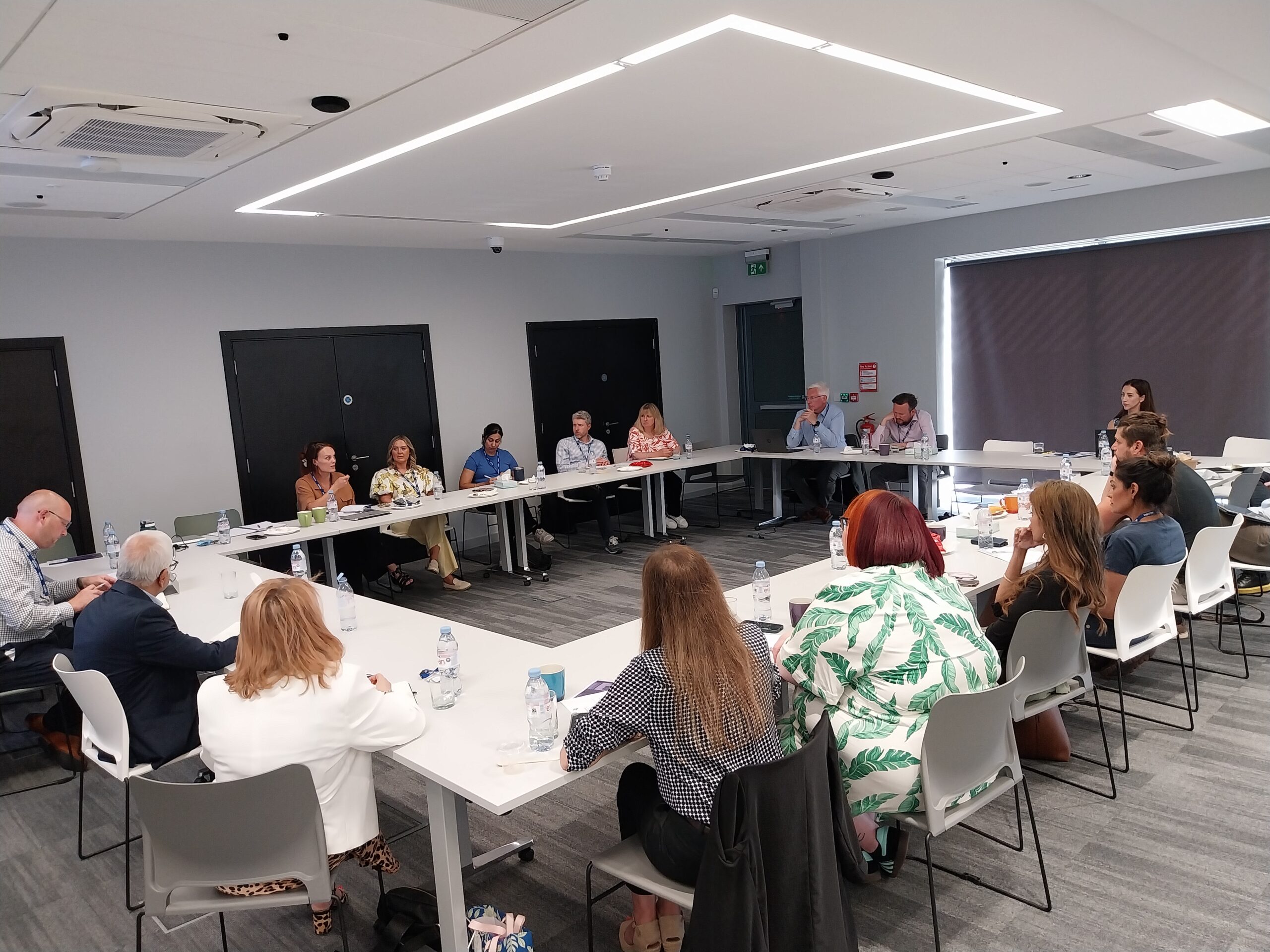Commenting on the latest figures from the Office for National Statistics (ONS) showing inflation was 7.9% in the year to June 2023, East Midlands Chamber chief executive Scott Knowles said: “With sticky inflation one of the biggest concerns for businesses right now, it will be a slight relief to see the Consumer Price Index rate come down to a lower level than forecast.
“A steeper fall has been expected for some time given that input inflation – driven by rising costs for energy, fuel, people and raw materials – has been consistently declining, with the Producer Price Index dropping from 14.7% at the beginning of the year to -2.7% in the latest figures.
“This suggests that many of those increased costs have now been passed on and reflects what East Midlands businesses have been telling us in our Quarterly Economic Survey, with the proportion expecting to increase their own prices falling sharply from 54% in the first three months of the year to 36% in the second quarter.
“We must not be complacent about the deeply challenging economic situation we are in, which is evident in GDP effectively flatlining.
“Rather than continue to use the blunt instrument of hiking up interest rates for a 14th time when the Bank of England meets early next month, it’s vital that economic policy begins to support firms to invest as this is the only way to raise productivity, meet high demand and bring prices down – which will in turn keep inflation at sustainable levels.
“To this end, we have urged policymakers to focus on what we call the ‘four Is’ – investment, innovation, infrastructure and international trade – in our regional economic blueprint, titled A Centre of Trading Excellence: A Business Manifesto for Growth in the East Midlands and Beyond.
“Action in these areas should involve helping with the tight labour market by incentivising firms to upskill their people and making it easier to recruit skilled workers from overseas, more financial support for research and development in key sectors, and cutting red tape that continues to hinder exports.”








